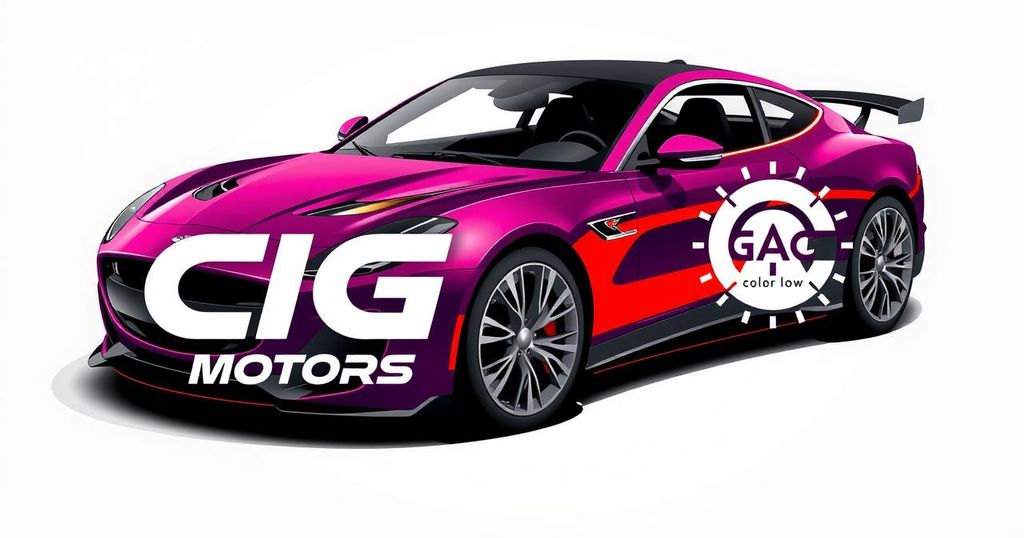CIG Motors Takes Control of LagRide, Plans Major Operational Changes
CIG Motors has taken over LagRide, aiming to reform its operations by implementing a salaried employment model for drivers and transitioning to electric vehicles. This shift seeks to address criticisms regarding high vehicle financing repayments and improve driver retention and satisfaction.
CIG Motors, the distributor of GAC vehicles in Nigeria, has assumed operational management of LagRide, a ride-hailing service supported by the Lagos government. This transition, confirmed by three anonymous drivers, signals a significant alteration in LagRide’s operations. CIG Motors aims to update the current vehicle financing model, which has faced criticism from drivers burdened by high repayment schedules.
Under the new management, CIG Motors will oversee driver operations, fleet management, platform enhancement, and vehicle financing. The company, under the leadership of Chairwoman Diana Chen, intends to replace LagRide’s existing drive-to-own model with a salaried employment framework. One source indicated that drivers are expected to receive a monthly salary of ₦150,000 ($98).
This new compensation model discourages vehicle ownership, which was initially assured to drivers through the drive-to-own plan. It is anticipated that this change will adversely affect earnings, as LagRide drivers currently earn approximately ₦10,000 daily after accounting for fuel expenses and loan repayments. The proposed salary is considerably lower than their current take-home pay.
Additionally, CIG Motors plans to transition LagRide’s fleet to electric vehicles, although no specific timeline has been established for this change. A spokesperson for CIG Motors chose not to provide any comments regarding these developments.
Further changes are occurring within LagRide’s technical operations. Tumi Adeyemi, the founder of Zenolynk Technologies—co-developer and co-owner of LagRide alongside the Lagos government—has departed from the company to join Qoray, a firm focusing on electric mobility solutions, as confirmed by two knowledgeable drivers.
LagRide was launched in 2021 as an alternative to conventional taxis in Lagos and aimed to compete with major ride-hailing services such as Uber, Bolt, and inDrive. The platform enables drivers to lease GAC vehicles through an asset-financing model, requiring a ₦700,000 ($458) down payment and subsequent daily payments over four years, culminating in a total vehicle cost of ₦10 million ($6,541).
However, the prevailing high inflation and cost of living in Nigeria have made it challenging for drivers to meet payment obligations, leading some to relinquish their vehicles. The new management’s focus on a salaried model seeks to stabilize earnings and enhance driver retention.
With the introduction of electric vehicles and a revised compensation structure, CIG Motors appears to be investing in the notion that more satisfied drivers will contribute to a more efficient operational experience for the company and its clients.
In conclusion, CIG Motors’ takeover of LagRide signifies a pivotal change in the operational management of the ride-hailing service, emphasizing a transition from vehicle ownership to salaried employment for drivers. The initiative aims to stabilize driver earnings amid rising costs of living while also planning a shift toward electric vehicles. These strategic alterations highlight the company’s intent to enhance driver satisfaction and operational efficiency.
Original Source: techcabal.com




Post Comment